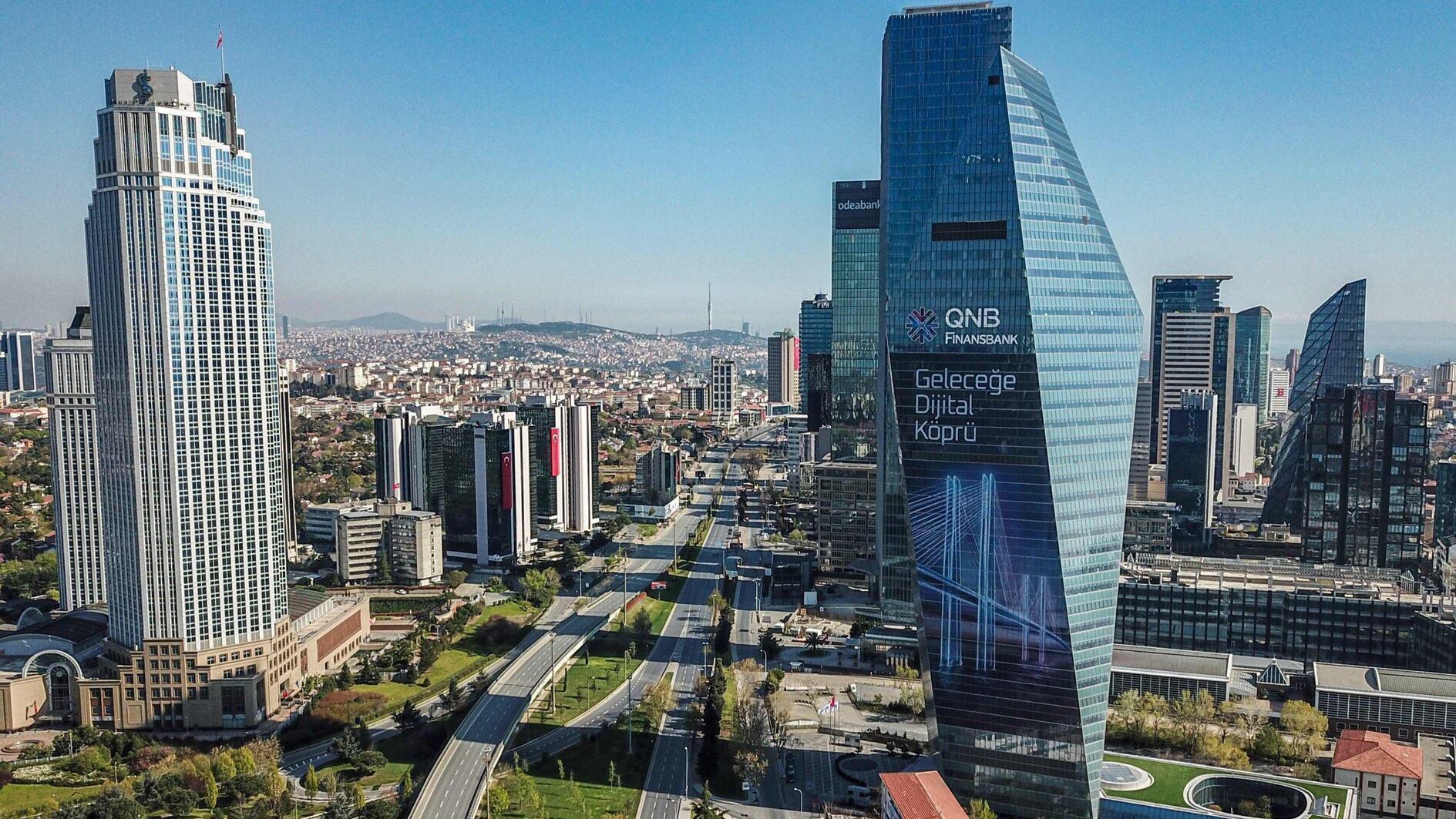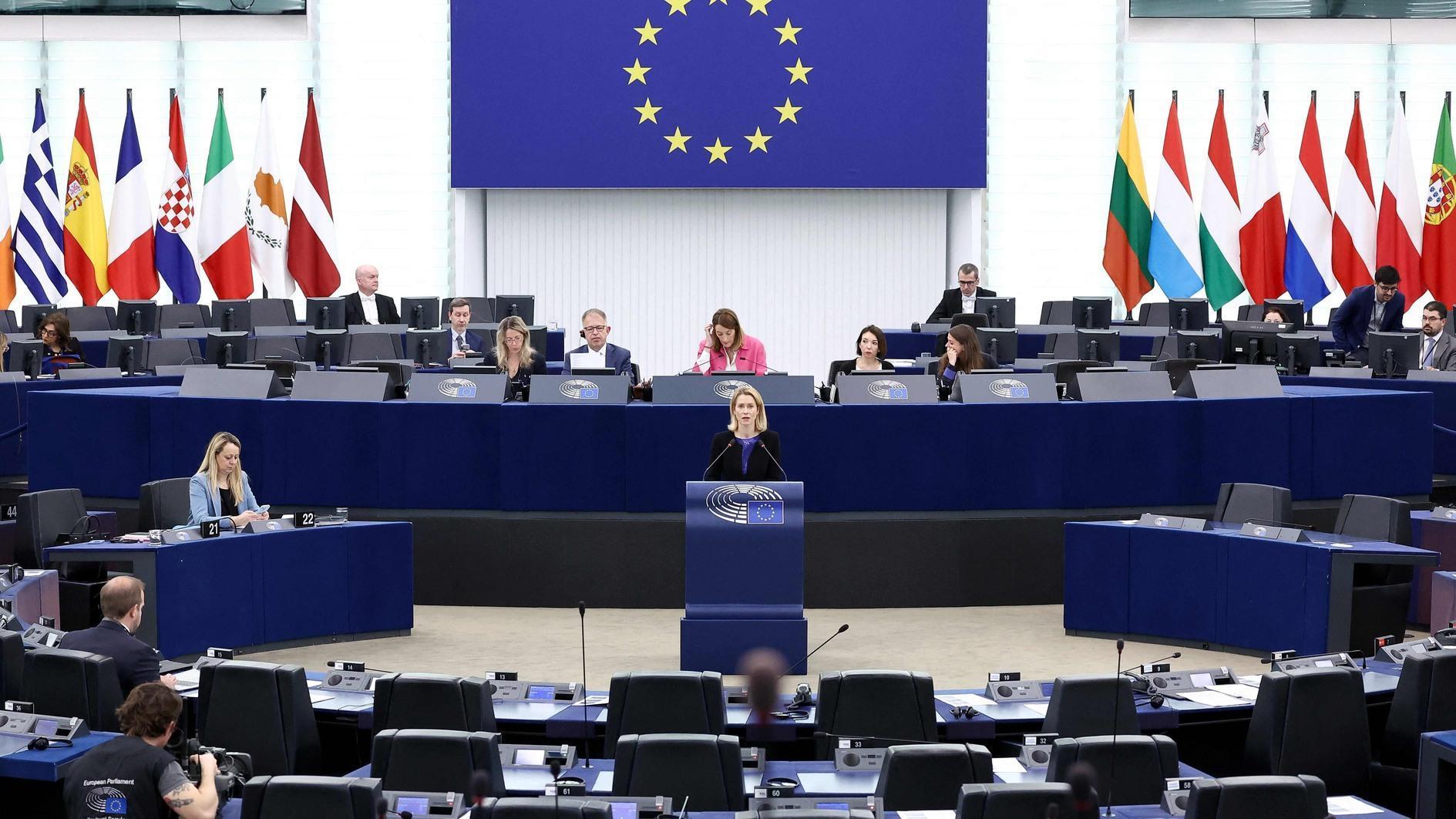Who bugged the Turkish prime minister? And other questions
The rumors started to hit the political corridor as soon as Prime Minister Tayyip Erdoğan’s Security Chief Zeki Bulut was removed from office on Sept. 7, 2012.
He was actually appointed as the police chief of the Western Anatolian town of Denizli. On paper it was a promotion, but in fact it was a clear demotion according to tendencies in the Turkish bureaucratic system; you’d expect a bigger city after protecting the prime minister for years. A few days later it was understood that he was not alone. Most of the 200-strong team of bodyguards including four police commissars and five squad leaders were moved elsewhere; some papers had claimed that the entire police team and some civilian officers in the Prime Ministry building were replaced.
The rumors were about a number of bugs found in Erdoğan’s office by the electronic sweeping teams of the National Intelligence Organization (MİT). It was not possible to make that a proper news story since it was not possible to obtain even a tiny bit of information from any official source, until Erdoğan himself said on Dec. 21 in an NTV interview that he was also eavesdropped on, possibly by the remnants of a “deeper state” in Turkey. “A deeper state exists almost in every country,” he claimed. “We try a lot but unfortunately it is not possible to eradicate the deeper state”; that was in reference to the ongoing court cases of Ergenekon, Balyoz and OdaTV in which many army officers, academics, journalists and writers, lawyers and police chiefs are being tried for conspiring to overthrow the government.
Journalist Ahmet Şık, who was under arrest from one of those cases up until a few months ago claimed in an article in Birgün newspaper on Dec. 26 that the unveiling by Erdoğan exposed a rift within the ranks of the ruling Justice and Development Party (AK Parti) between the core and the followers of the U.S.-resident Islamic theologian Fethullah Gülen. According to this claim, the policemen removed from being the close guard of Erdoğan were sympathizers of the Gülen group, which has been serving the government dearly since the beginning of the Ergenekon, Balyoz and OdaTV probes. Prime Ministry sources deny the claims that the replacement of the bodyguards has anything to do with the bugs in the office.
Or should we say offices? Because according to the stories appearing in Hürriyet, Milliyet and Star newspapers on Dec. 26, the bugs were found in the last weeks of December 2011 in both the Prime Ministry building and the private office of Erdoğan in his apartment home in Ankara. That was when he returned from his more than 20-day stay in Istanbul following an intestinal operation there. The fact brings another factor into the equation. On Feb. 7, 2012 the Istanbul prosecutors who were working on the coup claim cases attempted to interrogate Hakan Fidan, the head of Turkish intelligence, MİT, together with two former officers, which made Erdoğan furious. A number of prosecutors and police officers who had been claimed by Turkish media to be close to the Gülen group were removed from their offices to less relevant positions and Erdoğan forced a law change from Parliament to make the prime minister’s permission obligatory to open an investigation into MİT officers. One has to recall that soon after Fidan had taken his office in May 2011, an illegally recorded tape was leaked to the media about the (failed) secret talks between the government and the outlawed Kurdistan Workers’ Party (PKK) in which Fidan had taken part.
The big question is who eavesdropped on Erdoğan? If it is a foreign service, which country runs it? If it is the deeper state, who are the new owners of it?
Some other questions: Why has Erdoğan waited for a year to reveal the bugs? And why has no legal or administrative investigation been opened against it until Erdoğan’s unveiling?
There were no answers available on those questions from the prime minister’s office as of yesterday evening.











